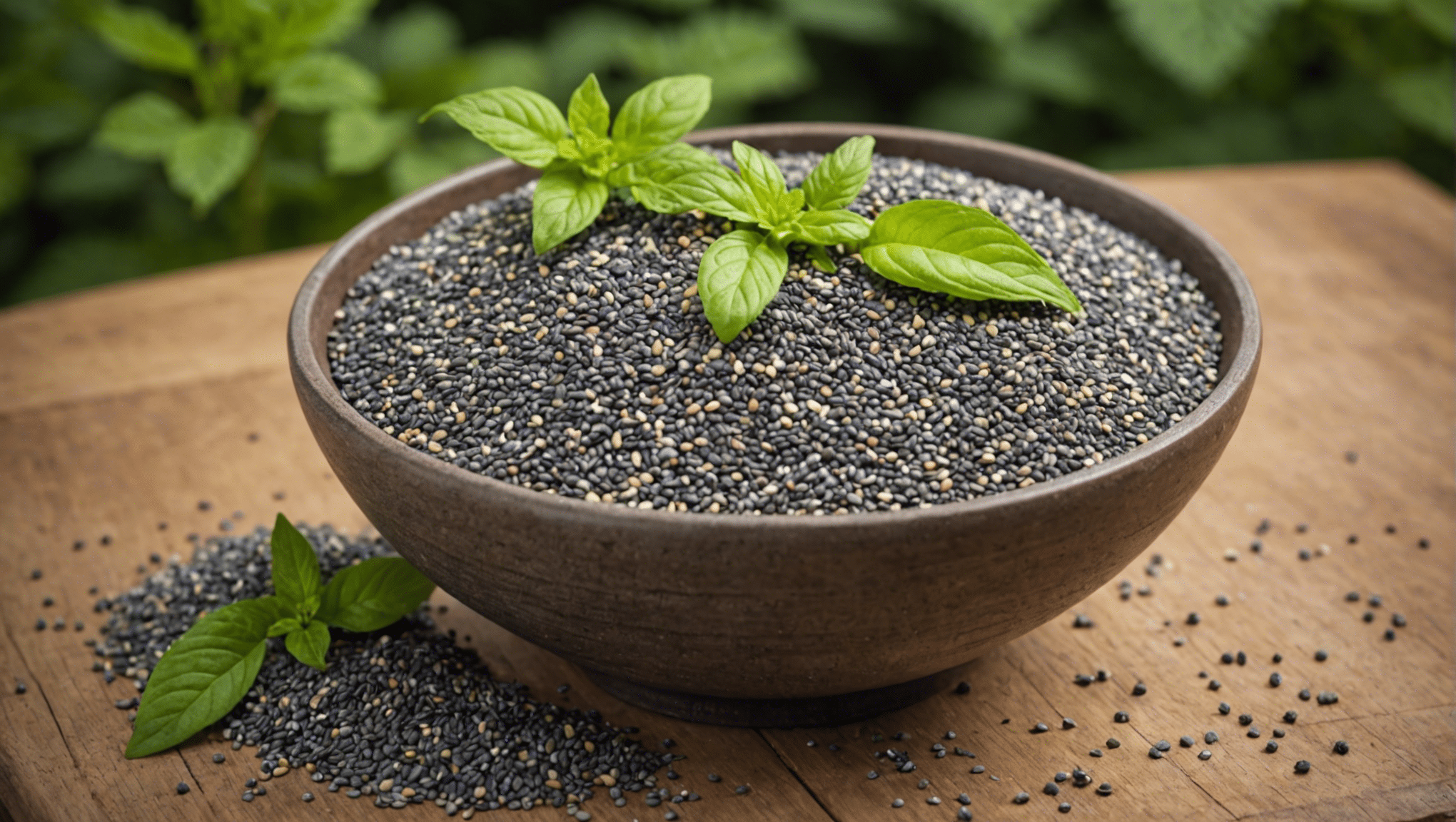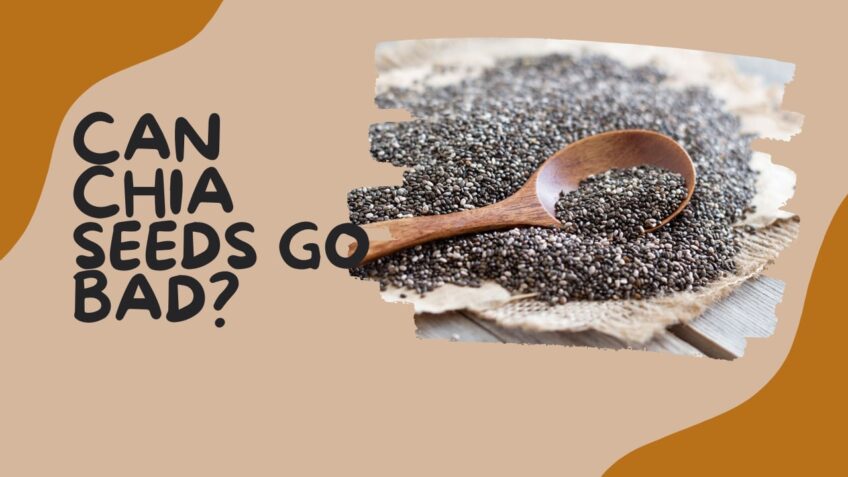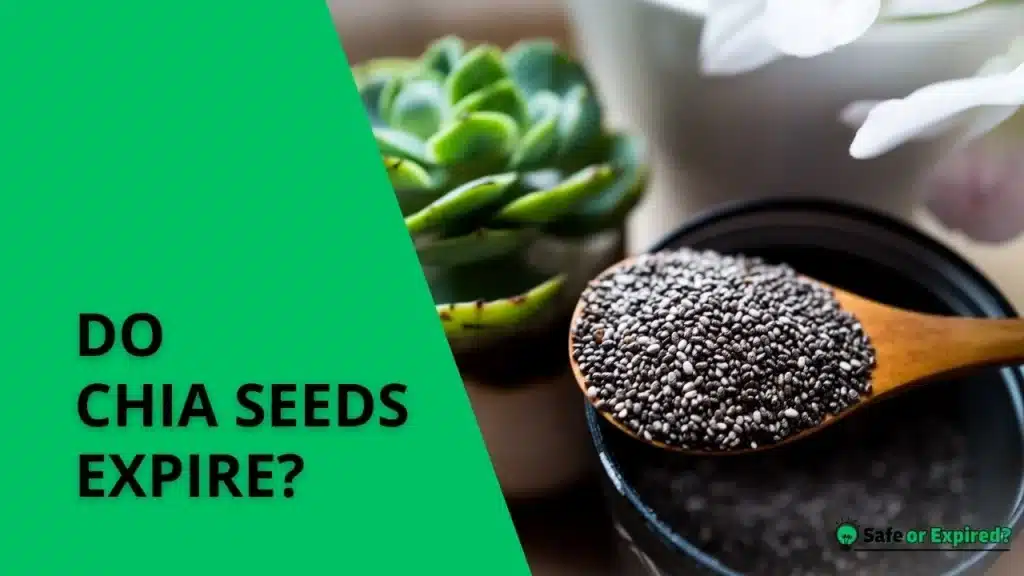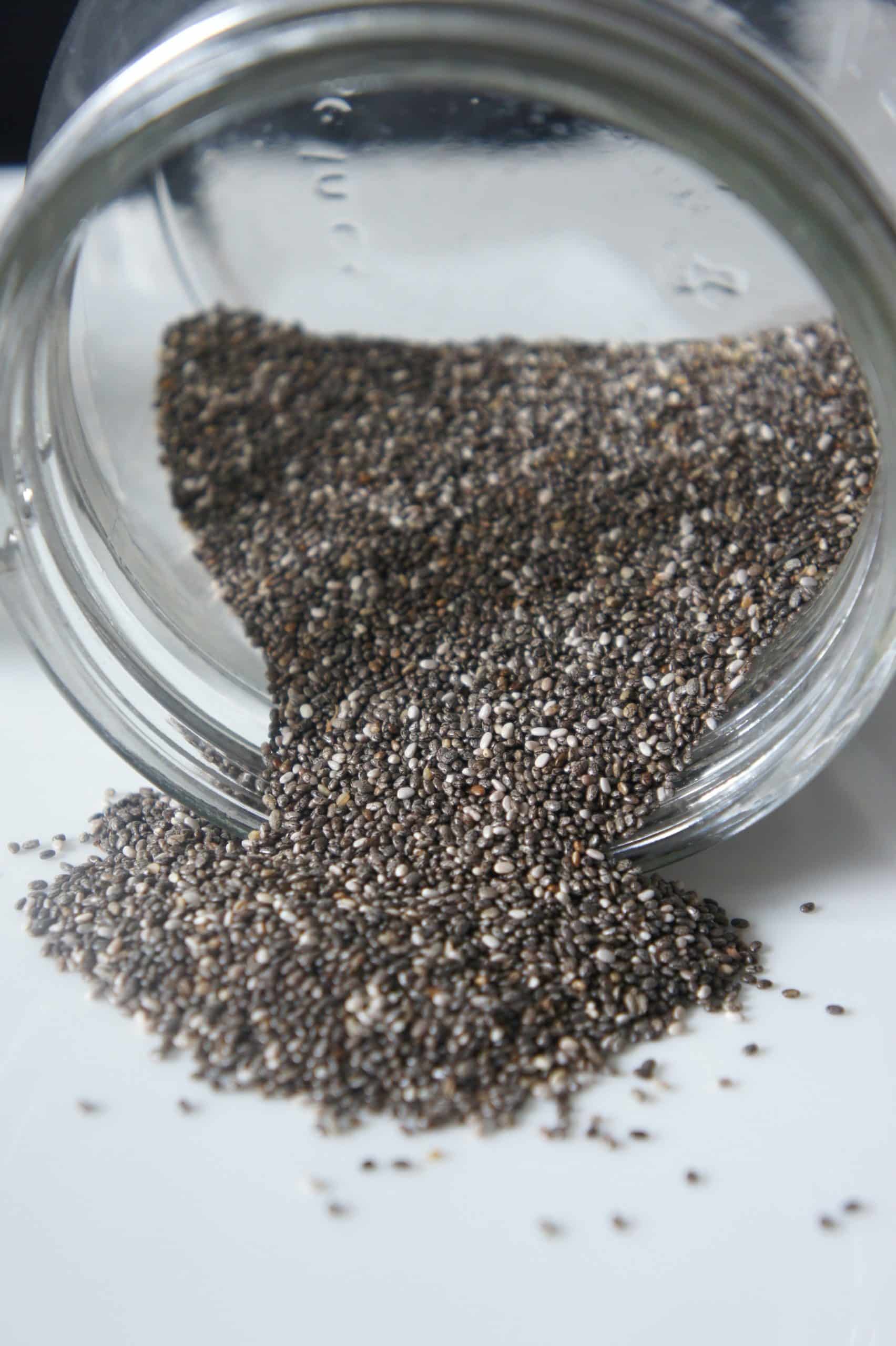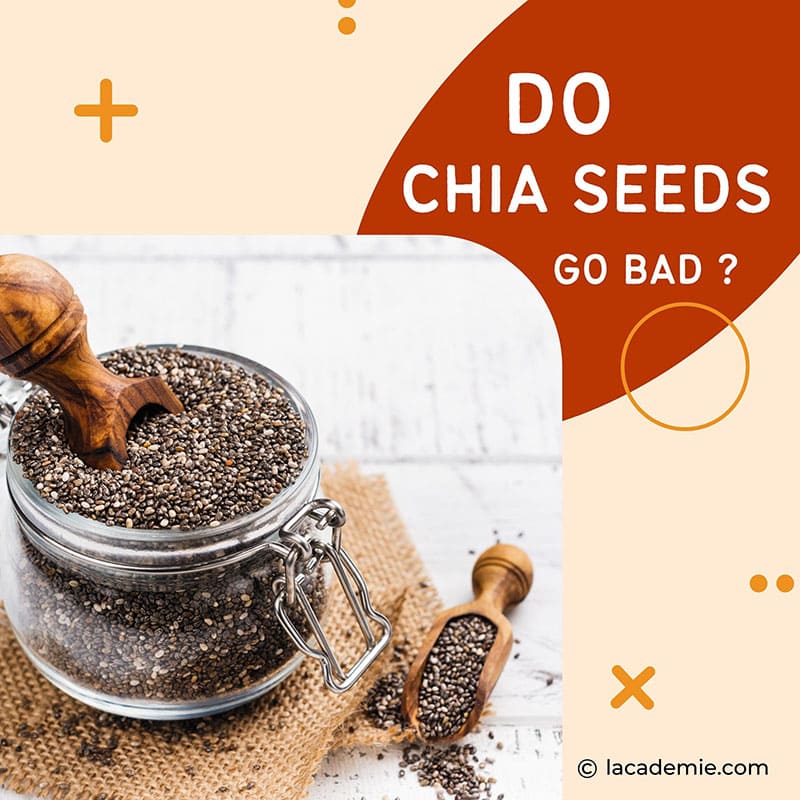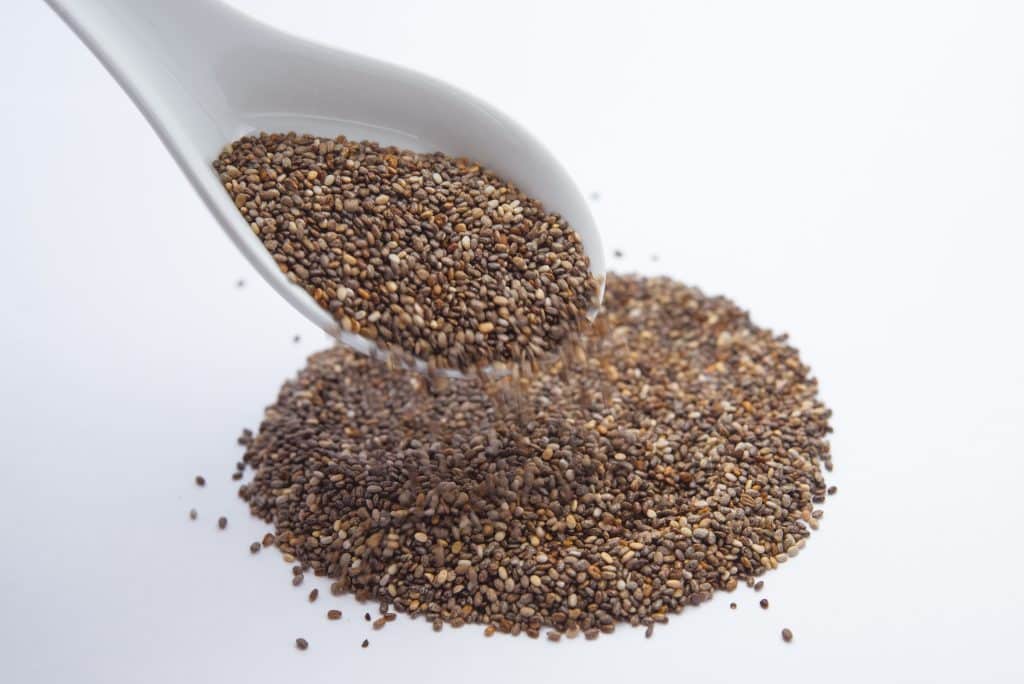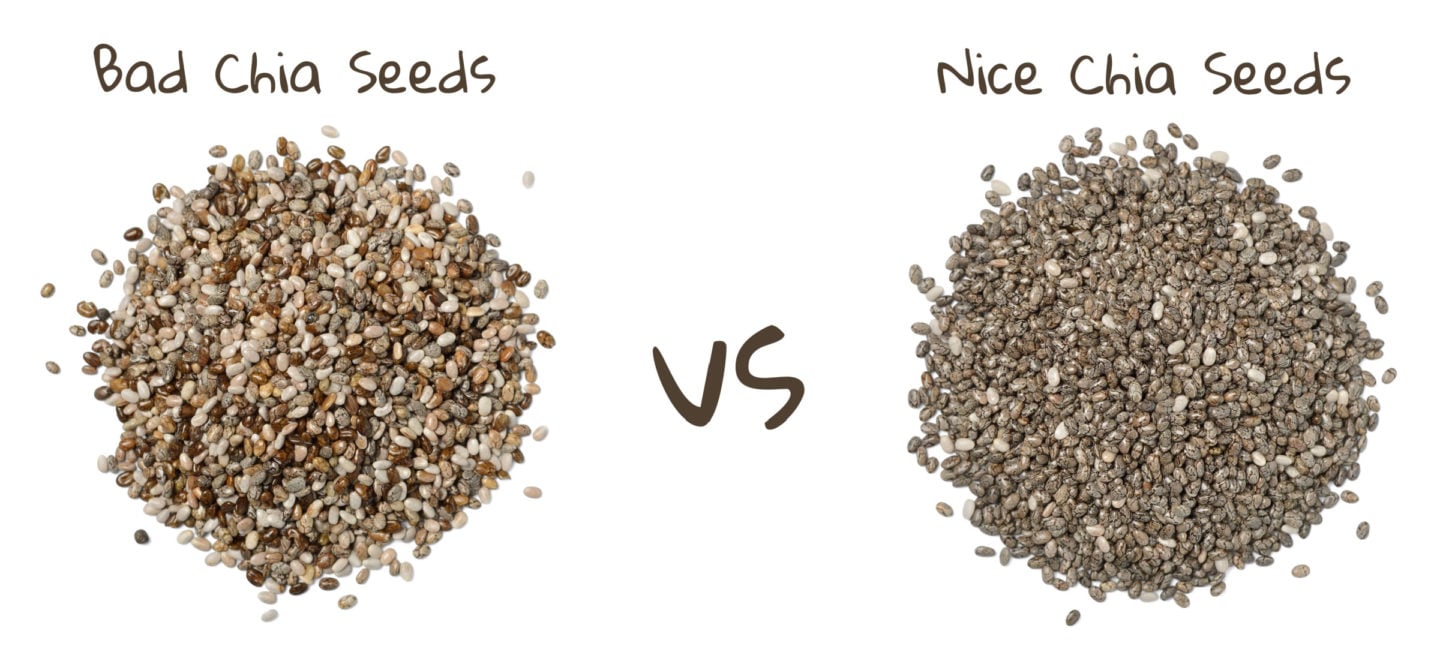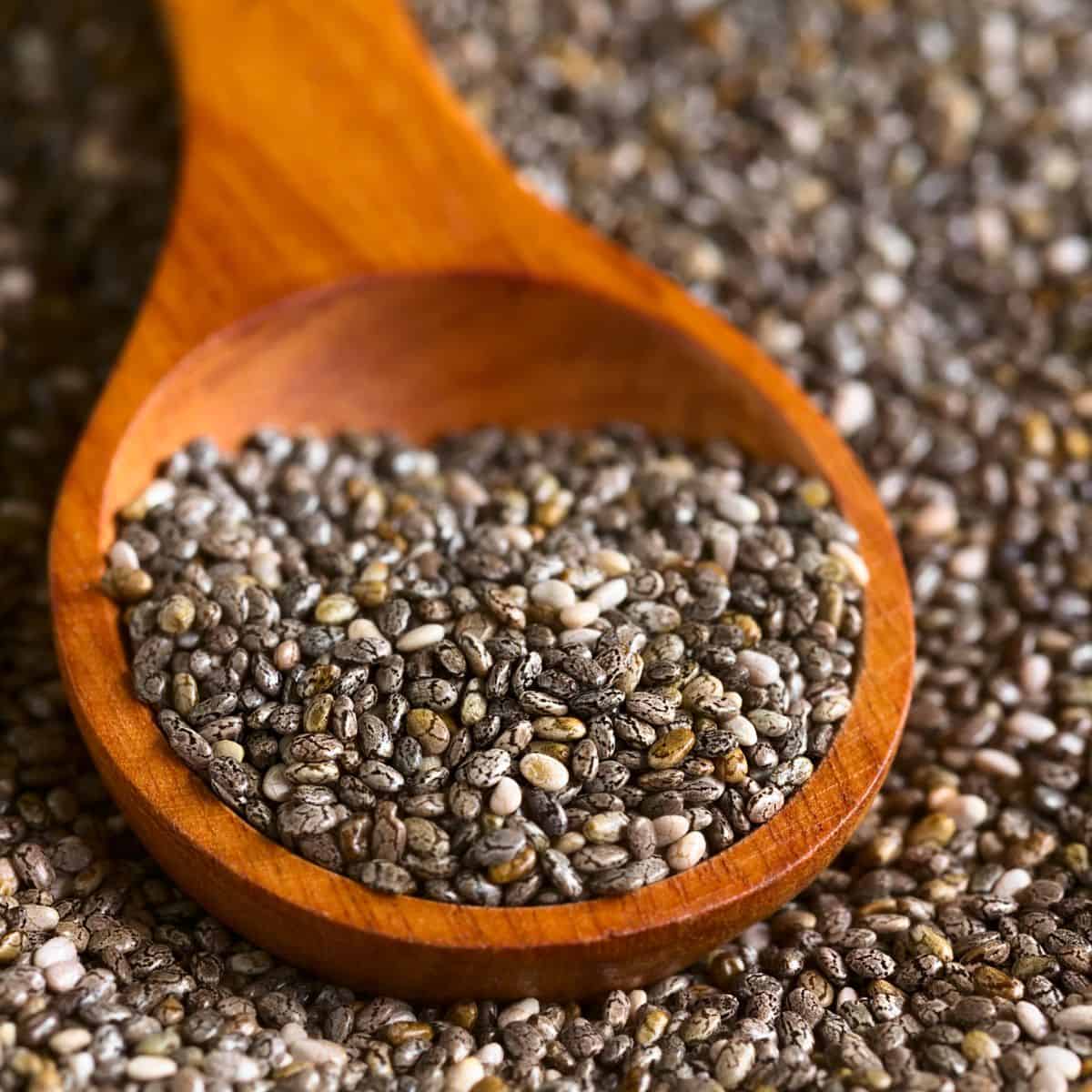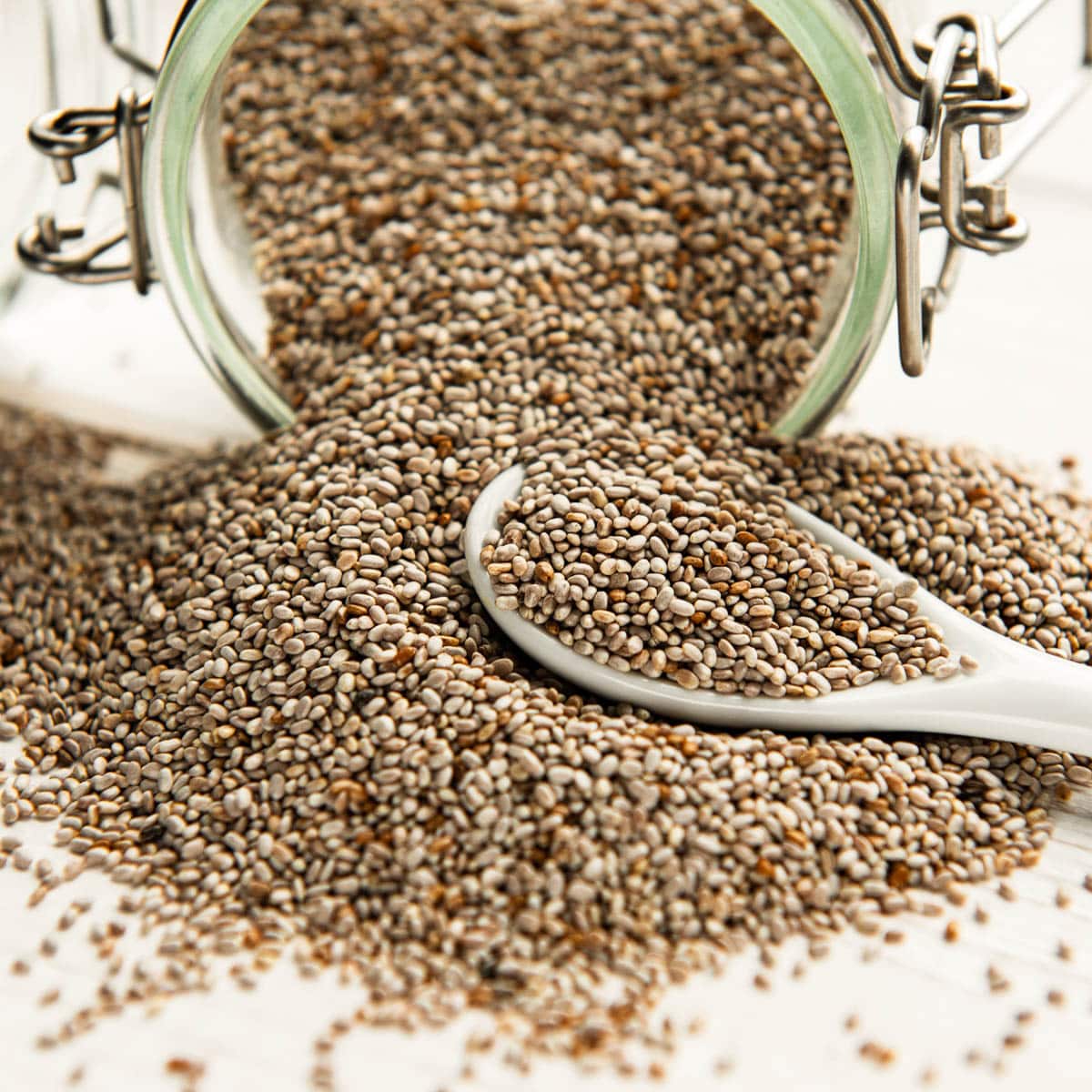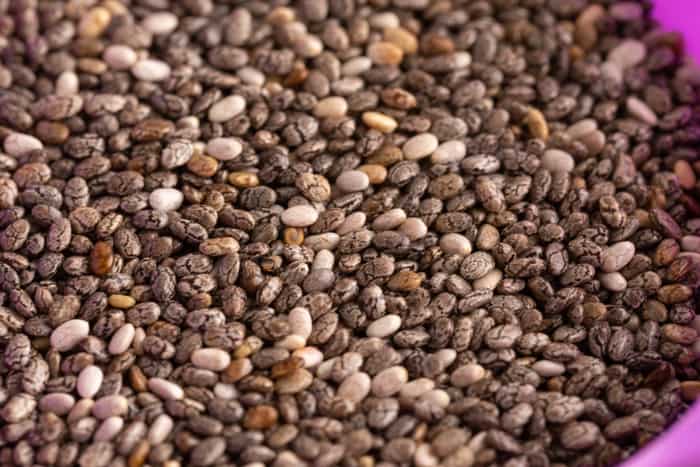Can I Use Expired Chia Seeds

Imagine opening your pantry, the familiar scent of dried goods filling the air. You spot a forgotten bag of chia seeds, pushed to the back behind the spices. A quick glance reveals a date stamped months, maybe even a year ago. A familiar question arises: are these still good?
Whether you can safely consume expired chia seeds hinges on a few key factors: how they were stored, their appearance and smell, and your own risk tolerance. While technically they might not be "expired" in the sense of being dangerous, their nutritional value and taste can degrade over time.
The Mighty Chia Seed: A Tiny Powerhouse
Chia seeds, originating from the desert plant Salvia hispanica, have been a staple food in Central and South America for centuries. The word "chia" itself is believed to come from the Mayan language, meaning "strength." These tiny black or white seeds were prized by ancient cultures for their energy-boosting properties.
Today, chia seeds have exploded in popularity worldwide, lauded as a nutritional powerhouse. They're packed with fiber, omega-3 fatty acids, protein, and various micronutrients like calcium, phosphorus, and manganese.
Chia seeds are incredibly versatile. They can be added to smoothies, sprinkled on yogurt, baked into bread, or used as a thickening agent. Their ability to absorb liquid and form a gel makes them a popular ingredient in puddings and even as an egg substitute in vegan baking.
Understanding Expiration Dates
It’s important to understand what "expiration dates" or "best by" dates actually mean. According to the United States Department of Agriculture (USDA), these dates are generally indicators of quality, not safety.
Food manufacturers provide these dates to indicate how long a product will retain its optimal flavor and texture. Consuming a food past its "best by" date doesn't necessarily mean it's unsafe, but its quality might be diminished.
Factors Affecting Chia Seed Shelf Life
Several factors can impact how long chia seeds remain safe and palatable. Proper storage is paramount. Exposure to air, light, moisture, and heat can accelerate the degradation process.
Chia seeds are high in polyunsaturated fats, which are particularly susceptible to rancidity. Rancidity occurs when these fats react with oxygen, leading to off-flavors and potentially harmful compounds.
Unopened packages of chia seeds stored in a cool, dark, and dry place will generally last much longer than those stored improperly. Once opened, it's even more crucial to reseal the package tightly or transfer the seeds to an airtight container.
Assessing Your Chia Seeds: A Sensory Examination
Before tossing that bag of potentially expired chia seeds, conduct a thorough sensory examination. Start by visually inspecting the seeds.
Look for any signs of mold, discoloration, or clumping. If you notice anything unusual, it's best to err on the side of caution and discard them.
Next, give them a sniff. Fresh chia seeds should have a neutral, almost odorless scent. If they smell rancid, sour, or otherwise unpleasant, they've likely gone bad.
A small taste test can also be helpful. If the seeds taste bitter, metallic, or otherwise off, they're probably not worth consuming. However, only try a small amount, and if you have any doubts, throw them away.
The Rancidity Risk: What to Watch Out For
As mentioned earlier, rancidity is a major concern with chia seeds due to their high fat content. While consuming slightly rancid seeds might not cause immediate illness, it's generally not recommended.
Rancid fats can contribute to oxidative stress in the body, potentially leading to inflammation and other health problems over time. They also lack the beneficial properties of fresh chia seeds.
It's always better to prioritize freshness and quality when it comes to food, especially those rich in healthy fats like chia seeds.
Storage Solutions: Keeping Chia Seeds Fresh Longer
To maximize the shelf life of your chia seeds, proper storage is key. Choose an airtight container to minimize exposure to air and moisture.
Store the container in a cool, dark, and dry place, away from direct sunlight and heat sources. The pantry or a cool, dark cupboard are ideal locations.
Consider storing chia seeds in the refrigerator, particularly if you live in a warm or humid climate. The cooler temperature can help slow down the oxidation process and prolong their freshness.
Beyond the Expiration Date: Creative Uses for "Old" Chia Seeds
Even if your chia seeds are past their prime for consumption, they might still have other uses. Instead of discarding them, consider repurposing them in the garden.
Chia seeds can be added to potting soil to help retain moisture and provide nutrients for plants. Their gel-forming properties can also help improve soil structure.
You can also use them to create a homemade bird feeder. Mix the seeds with other bird-friendly ingredients like nuts and dried fruit, and form them into balls or cakes for your feathered friends.
A Final Thought: When in Doubt, Throw it Out
While it's tempting to salvage food and minimize waste, when it comes to potentially expired chia seeds, it's often best to err on the side of caution. Your health and well-being are paramount.
If you're unsure about the quality or safety of your chia seeds, trust your senses and discard them. It's a small price to pay for peace of mind.
Ultimately, enjoying the benefits of chia seeds is about incorporating fresh, high-quality ingredients into your diet. So, check those dates, store them well, and savor the power of these tiny seeds.
